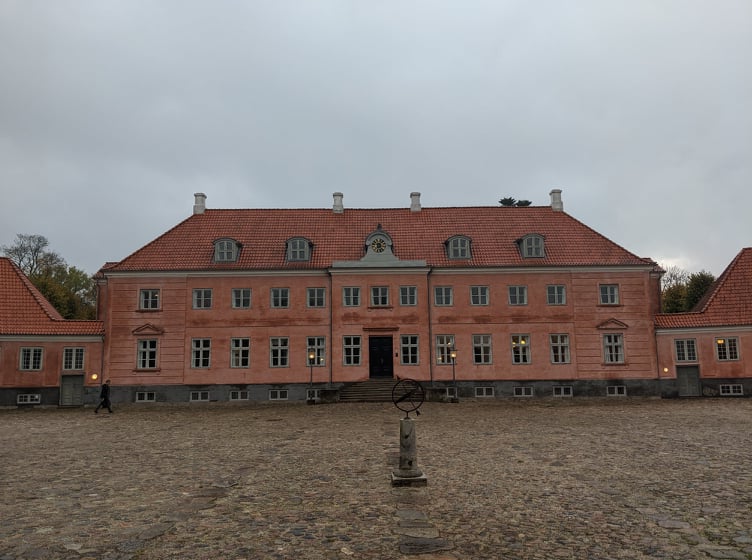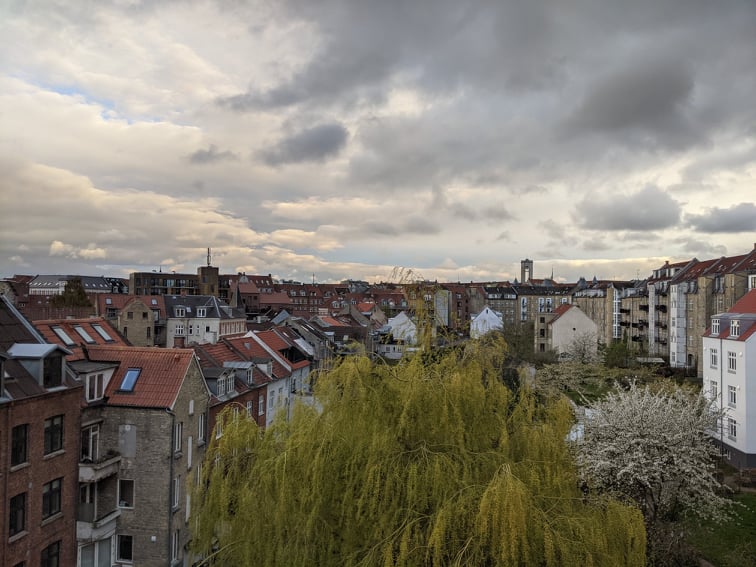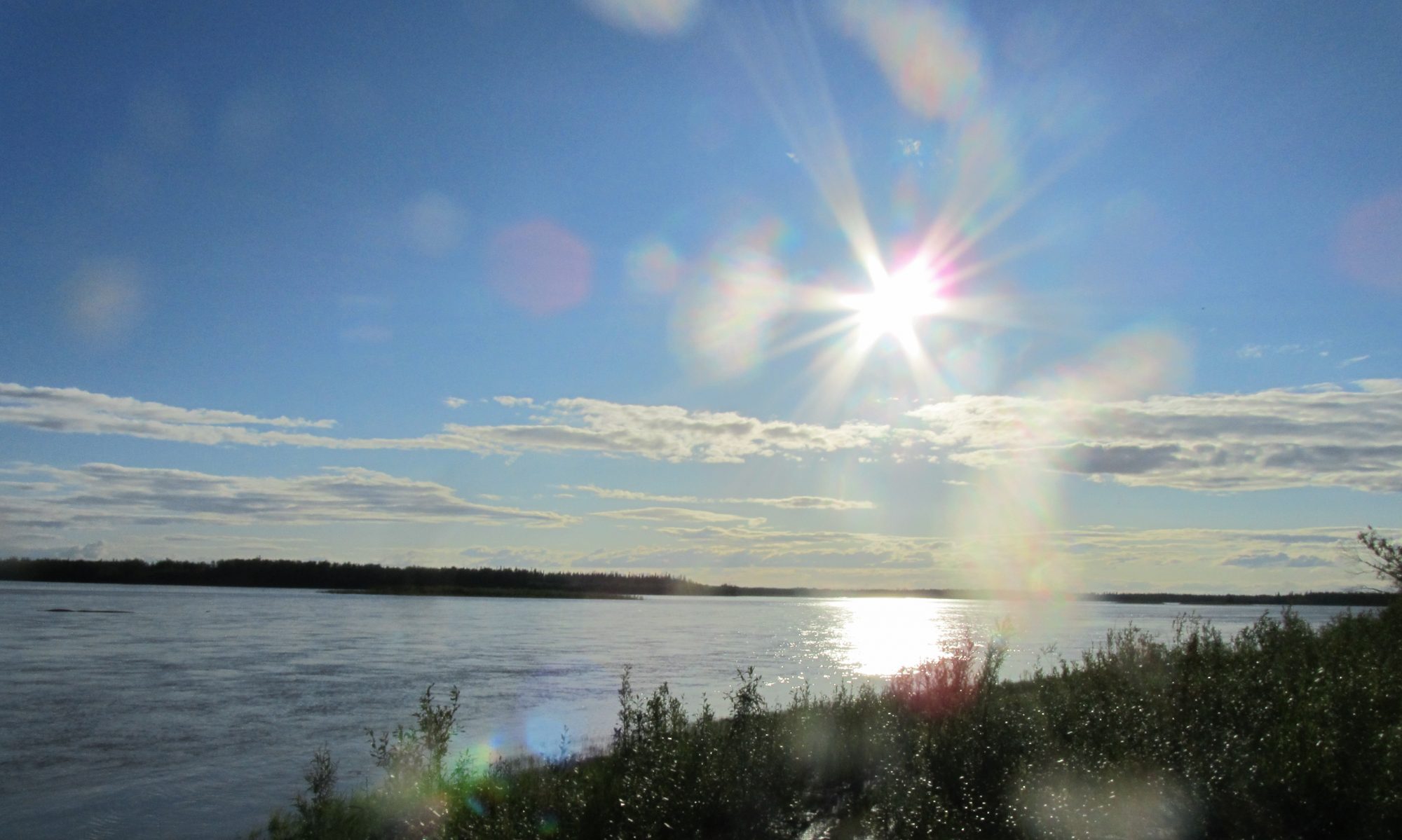At the end of Spring 2022, I will submit my graduate thesis on social movements and cultural trauma as part of the Human Security Master’s Program at Aarhus University in Denmark. Five years ago, I could not have imagined myself nearing the completion of a graduate degree or even the type of person applying to doctoral programs. Academia, in general, was outside anything I could really have imagined. All of this taken into consideration — I can only give gratitude for what feels like an endless number of people willing to put in the effort supporting me throughout my academic career. A significant amount of that effort rests with the excellent faculty and staff at the Department of Alaska Native Studies and Rural Development.

I first began my studies in the Rural Development Bachelor of Arts program at the University of Alaska Fairbanks in 2017, leaving my home in Seattle and heading north to Alaska. I was nervous and excited about my transition to Alaska as anyone will be when taking the leap to somewhere new. I should not have worried in the least however, as the support I received from my professors and staff was fantastic from day one. All my needs as I settled into my new home were met without issue and the university environment was undoubtedly one of the most welcoming I had ever experienced. Once my studies began, I found that the topics covered were comprehensive in scope and intensive in their depth. The Rural Development program covered topics ranging from law, public policy, project development, environmental crises, history, ethics, business planning, and human development theory.
Following my UAF graduation, I applied and was accepted into Aarhus University in 2020. One more move taking me further and farther than I had been on my own. Surprisingly, I found little to no issues adapting to postgraduate education. My Rural Development degree had prepared me. Frankly, I should have realized that fact from the first class I ever took at UAF, Rural Alaska Land Issues. I still remember the first day and walking into Professor Kathleen Meckel’s class — Not only one of the most welcoming professors I ever had the opportunity to meet, but also an excellent guide into what would be an entire semester covering Alaskan land laws and policy. There was never a separation between what I studied and how it impacted Alaska, which helped me develop a skill set used throughout my master’s program today — particularly in research.

On the practical side, I also learned various skills essential to anyone’s academic career. I learned how to produce written work and deliverables at the postgraduate level. More than that, I was given a practical education on project design, presentation, grant writing, and research development that I had never learned outside of university. When diving into our final semester, I received in-depth support on developing a thesis and research methods while covering criticism and theoretical developments in research methodology. At the end of the program, I felt more than capable of discussing theory with my professors, covering figures like Amartya Sen and Paulo Freire, depopulation theory, and many others. I also found myself throughout the program learning through discussions with my classmates and peers as the diverse cohort I studied with all had experiences reached outside the classroom. Even though my studies in the master’s program have shifted their focus outside of the Alaskan context, I still find my research revolving around many of the same topics I studied in the Rural Development program. Issues of inequality, ecological crises, food scarcity, public policy, and law are not only limited to Alaska. Additionally, the focus in Alaska didn’t restrict me in the least; Instead, it allowed me to delve deeper into the topics at hand around real issues felt in the region. Ultimately, as a master’s student, research and my thesis are the final goals; I would have been on a less sure path if not for the Rural Development program and everyone involved.

